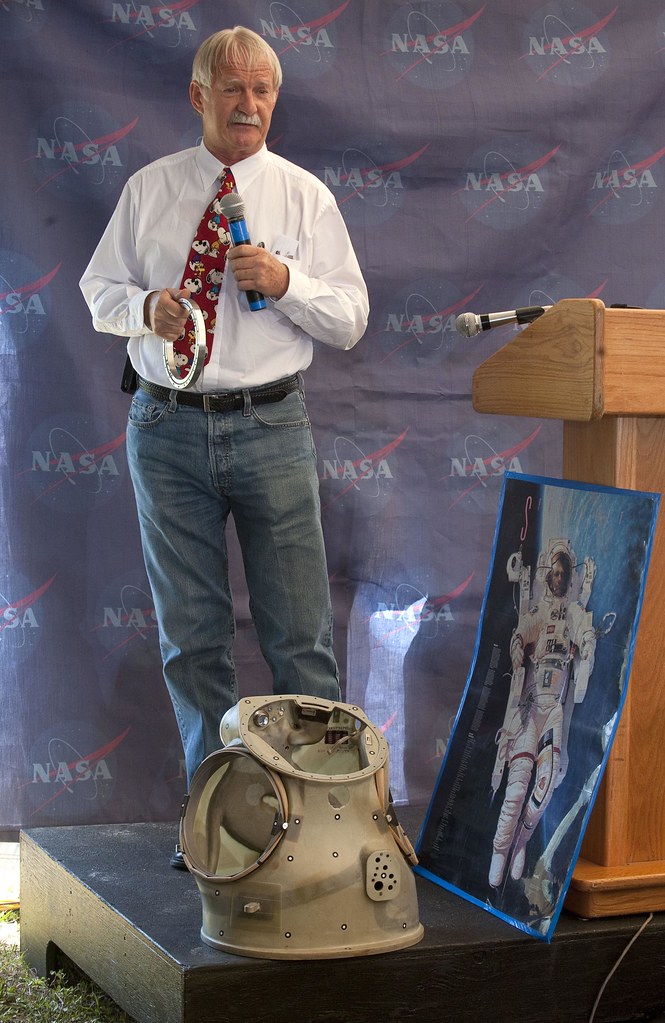Understanding the Non-Aggression Principle: Unpack the philosophical underpinnings of the Non-Aggression Principle (NAP) and its contemporary relevance, analyzing its application in modern socio-political contexts and its implications for personal freedoms.
When most people think of freedom, they think of their ability to do what they want, when they want, as long as it doesn’t hurt other people. This is the essence of the Non-Aggression Principle (NAP), which is a political and ethical stance asserting that ‘aggression’, defined as initiating or threatening violent action, is inherently wrong. But what are the philosophical underpinnings of the Non-Aggression Principle? And how does it play out in our modern society? Let’s take a deep dive and see what we can find out.
Exploring the Pacifist’s Mantra: A Deep Dive Into the Non-Aggression Principle
The Non-Aggression Principle (NAP) dates back to classical liberal philosophies and the enlightenment era. In its purest form, it promotes peace, liberty, and the pursuit of happiness, as it essentially states that everyone is free to do as they wish, providing they do not harm others or infringe upon their rights. This principle is at the core of Libertarian philosophy, which emphasizes the supremacy of individual rights and minimal government intervention.
However, the NAP is not without its critics. Some argue that it is too simplistic, failing to account for complex social and economic dynamics. For example, it doesn’t address systemic violence or oppression that perpetuates inequalities, nor does it consider the need for collective action in certain cases, such as taxation for public goods. Despite these criticisms, proponents of the NAP maintain that it is an essential component of a free and just society, serving as a clear moral guideline against any form of aggression.
From Abstract to Concrete: The NAP’s Impact on Modern Freedom and Society
In modern society, the NAP has far-reaching implications. It directly challenges any form of government coercion, such as compulsory education or enforced taxation, making it a central ideological pillar for those advocating for minimal state intervention. This is particularly evident in the United States, where libertarian thinkers have a significant influence on the political discourse.
However, despite its appeal, the NAP’s practical application can be problematic. Implementing such a principle on a societal level requires a significant shift in cultural values and structures. Furthermore, as society becomes more complex, drawing a clear line between ‘aggressive’ and ‘non-aggressive’ actions becomes increasingly challenging. Yet, the NAP continues to inspire discussions around personal freedom and the role of government, pushing us to continually re-evaluate and refine our understanding of liberty.
In conclusion, the Non-Aggression Principle is a compelling and thought-provoking concept that challenges us to rethink our understanding of freedom and justice. While it may not provide a comprehensive blueprint for a just society, it certainly sparks vital conversations and debates on the role of state power and personal freedom. As we navigate the complexities of modern society, the NAP serves as a valuable philosophical compass, consistently pointing us towards peace, liberty, and respect for individual rights. Like all powerful ideas, its true strength lies not in its perfect implementation, but in its ability to provoke thought and inspire change.
Liberty & Purpose Echoes of Ron Paul 2023 – Best Ron Paul Quotes (youtube.com)









No Comments